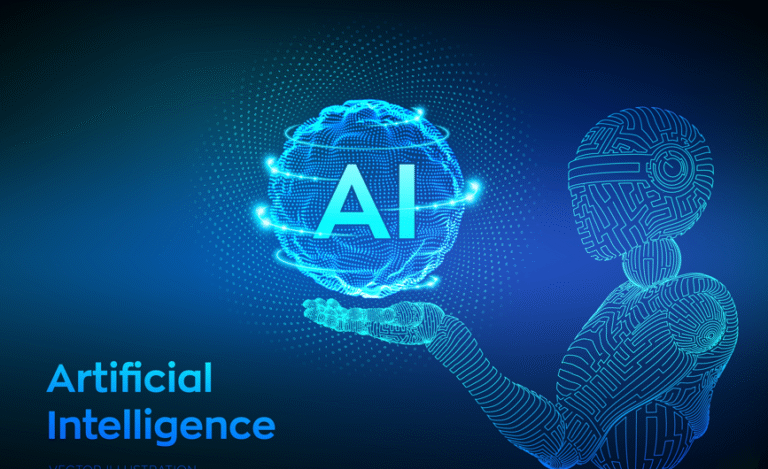Your Guide to Trustworthy AI & Secure Tech Practices
Breaking Into AI: The Core Skills You Need—No PhD Required

Artificial Intelligence has transitioned from a futuristic concept to a foundational technology driving innovation across industries. Yet, many aspiring professionals still believe that a career in AI requires a PhD, years of academic research, or advanced mathematics.
The reality is different.
While advanced roles in AI research may call for formal academic training, many roles in machine learning, data science, and applied AI are open to anyone with the right blend of technical and analytical skills. Here’s a closer look at the essential competencies you need to begin building a successful AI career—without a PhD.
1. Foundational Mathematics and Statistics
AI models are built on mathematical principles, but the good news is: you don’t need to master complex proofs. Focus on:
- Linear Algebra – for working with data representations like vectors and matrices
- Probability and Statistics – to evaluate model accuracy and interpret predictions
- Basic Calculus – useful for understanding how learning algorithms optimize
📌 Why it matters: These concepts form the “language” of machine learning models and give you the intuition to tune them effectively.
2. Proficiency in Python
Python remains the industry-standard programming language for AI due to its simplicity and rich ecosystem of libraries. Newcomers should learn:
- Core syntax and data structures
- Libraries such as
NumPy,pandas, andmatplotlib - Machine learning tools like
scikit-learnandTensorFlow(for later stages)
📌 Why it matters: Python allows you to move from idea to prototype quickly—an essential skill in fast-moving AI environments.
3. Data Literacy and Preprocessing
In AI, data is king. Understanding how to clean, manipulate, and explore datasets is critical.
- Develop skills in data wrangling and feature engineering
- Learn exploratory data analysis (EDA) using visualization tools
- Understand how to detect and fix bias or imbalance in data
📌 Why it matters: The success of any AI model hinges on the quality and preparation of the input data.
4. Applied Machine Learning
Start with classical ML models before diving into neural networks. Key concepts include:
- Supervised and unsupervised learning
- Model evaluation metrics like precision, recall, and F1-score
- Overfitting vs. underfitting and how to handle them
📌 Why it matters: A solid ML foundation gives you the flexibility to work across diverse domains, from predictive analytics to recommendation engines.
5. Portfolio Building Through Projects
Theory alone won’t get you noticed—projects will. Work on practical use cases such as:
- Sentiment analysis from tweets
- Predicting house prices using regression
- Building a simple chatbot with NLP techniques
📌 Why it matters: A GitHub portfolio or personal blog demonstrates your ability to apply AI concepts to real-world problems.
6. Community and Continuous Learning
The AI field evolves rapidly. Staying active in the community helps you grow faster.
- Participate in Kaggle competitions
- Contribute to open-source projects
- Follow leading voices on LinkedIn, Twitter, and Substack
📌 Why it matters: Hiring managers increasingly look for signs of curiosity, engagement, and self-driven learning.
Conclusion
A career in AI is well within reach, even without an advanced degree. Focus on building the right skills, work on meaningful projects, and stay engaged with the community. The demand for AI talent is broad, and your practical, project-driven knowledge may be exactly what companies are looking for
#ArtificialIntelligence #AIForBeginners #LearnAI #TechCareers #MachineLearning #Python #NoPhDNeeded #DataScience #Upskill


